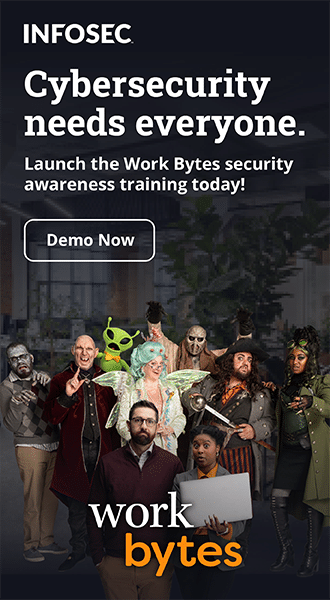Amplify Your Phishing Simulations With SecurityIQ Phishing Indicators
SecurityIQ’s new phishing indicators reinforce critical lessons from phishing simulations in the teachable moment. If your employees take the bait, SecurityIQ displays the same email — with phishing indicators — in their browser.
Use indicators to highlight and explain a variety of different phishing tactics like spoofing, demanding subject lines and spelling errors.
Phishing simulations & training
Phishing indicators can be easily added to your own templates using the WYSIWYG editor or select system-provided templates preloaded with indicators designed by our team of information security experts.
Click here to learn how to deploy phishing indicators in your simulations.
Top Phishing Templates in 2017
The results are in! You can now see the five most-effective phishing templates of 2017 in our PhishSim template library.
The top templates leveraged communication from business like banks (29% phish rate), fitness centers (22% phish rate) and service providers (18% phish rate) to trick users into taking the bait.
Click here to log into your SecurityIQ platform and see our top templates.

Get six free posters
Reinforce cybersecurity best practices with six eye-catching posters found in our free poster kit from our award-winning series, Work Bytes.
About SecurityIQ
SecurityIQ integrates security awareness training, phishing simulations and personalized learning in one platform to drop organizational phishing susceptibility rates to as low as 0%. Learn more.





